New TX law restricting how race and history are taught in schools went into effect September 1
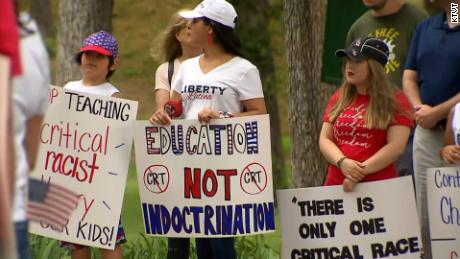
Parents in Fort Worth, Texas, held protests and spoke at school board meetings earlier this year demanding that teachers don’t include critical race theory in the curriculum.
On September 1, a new Texas law aimed at restricting discussions of race and history in schools went into effect.
The text of HB3979 states that social studies teachers can’t “require” or include in their courses, the concept that “one race or sex is inherently superior to another race or sex” or the concept that “an individual, by virtue of the individual’s race or sex, is inherently racist, sexist or oppressive, whether consciously or unconsciously.” The bill also states that “a teacher may not be compelled to discuss a particular current event or widely debated and currently controversial issue of public policy or social affairs.” Teachers, according to the bill, can’t require or give extra credit for a student’s political activism.
While the bill does not explicitly mention critical race theory in its language, Governor Greg Abbot, who signed the bill into law, has publicly decried critical race theory and stated that the bill is intended to remove it from K-12 curricula. Representative Steve Toth, who wrote the bill, stated that he was motivated by parents who were worried that their kids were being “indoctrinated.”
“What they call critical race theory is not what it is,” said CVHS Assistant Principal and African-American studies and European History teacher Juan Garner. “I think what that law that’s been passed has conflated with critical race theory is teachers bringing more of their opinions into the race discussion. That may make certain populations uncomfortable because it is making the white kids feel ashamed, almost like passing the blame to the current generation, making them carry the blame for stuff that happened years ago. And that’s not critical race theory.”
CVHS AP US History teacher Nathan Wendt explains that HB3979 and other laws similar to this in other states originated from a backlash to the NY Times’s 1619 Project:
“A lot of people don’t understand what critical race theory is and they misapply that term, or that label into teaching American history and race relations. What it [critical race theory] did is it reframed the founding of America and its race relations, how the country was built and formed and developed based on race relations, and more specifically how the laws were created to help reinforce and perpetuate racial divides between people. And so what we’re seeing is a culture war that’s being perpetrated in which they’re trying to promote or what they call “patriotic education.”
The biggest concern among teachers is that they do not know how the law will be enforced. Students at Carnegie also expressed frustration about the law.
CVHS senior Simon Henry asserted that concepts such as critical race theory are essential to the development of a society: “Those who don’t know their history are doomed to repeat it. I mean, Germany has in no way, shape, or form banned the teaching of the Holocaust, even though that’s a shameful part of their history,” Henry said.
Both Wendt and Garner explained that the social studies curriculum at CVHS will not be affected by the law, since the school will still follow the national AP curriculum. The version of the bill passed on September 1st included provisions for a new set of Texas Essential Knowledge and Skills (TEKS) for social studies courses and a teacher training program for the 2022-2023 school year. Still, students are concerned by the new law.
“You can’t just suppress the things that you don’t like. It’s not how things really work,” said Henry. He believes that critical race theory could help explain the Black Lives Matter movement protests in 2021 and 2020. “I mean, I think it definitely should be taught. It’s just as integral a part of history as anything else, if not a bit more relevant given the things that are currently going on. Because you’ll never truly get a grasp of why people are going out there and marching and protesting unless you understand the systematic roadblocks that have led them to the point where they are politically, economically.”
Effects of the new law have already been reported in other schools. Middle schools in the McKinney Independent School District that had offered electives where students could discuss community issues in a mock legislature had to offer the program as an extracurricular instead. Members of the Association of Texas Professional Educators and the President of the Texas Council for Social Studies expressed that their member teachers were worried about being able to discuss artifacts from the Civil Rights Era.
“It depends on the administration how it’s taught within their schools. So if you have an administration [who support] this bill, then they’re definitely going to be hovering and really trying to limit what teachers talk about and really kind of micromanage them,” Wendt said.
Garner sums up his opinion on the new law: “I think it’s a solution that’s looking for a problem.”
Your donation will support the student journalists of Carnegie Vanguard High School. Your contribution will allow us to cover our annual website hosting costs and fund field trips, competition fees, and equipment. We appreciate your support!

I love reading, learning, drawing cartoons, watching films, and discussing art, history, politics, and business. I also collect historical artifacts,...

Ashley is a senior at Carnegie. Even though she is busy with school, she still finds time to do activities outside of school like playing soccer. Ashley...

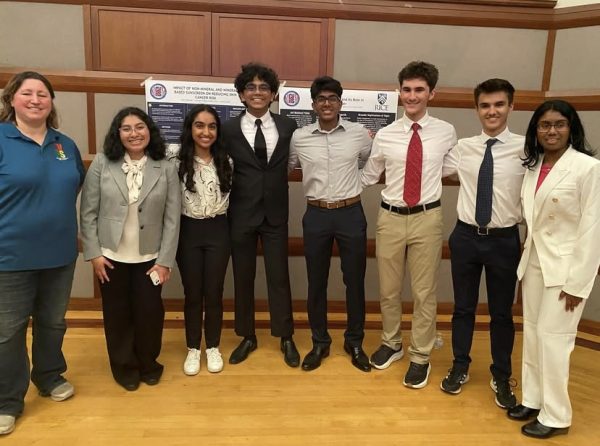

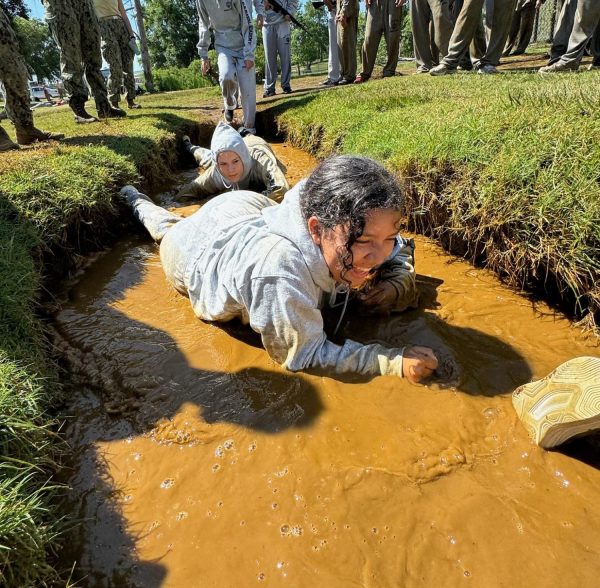
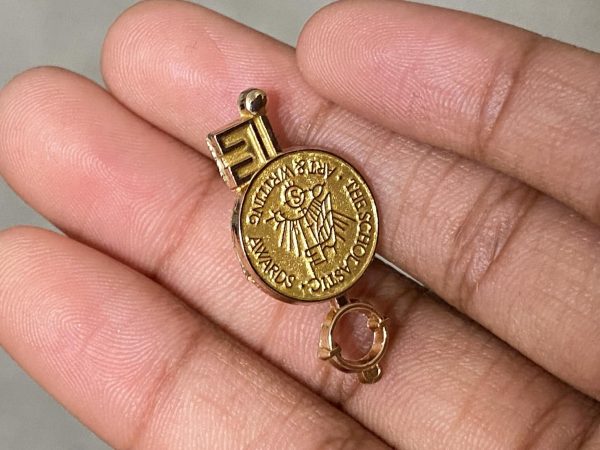
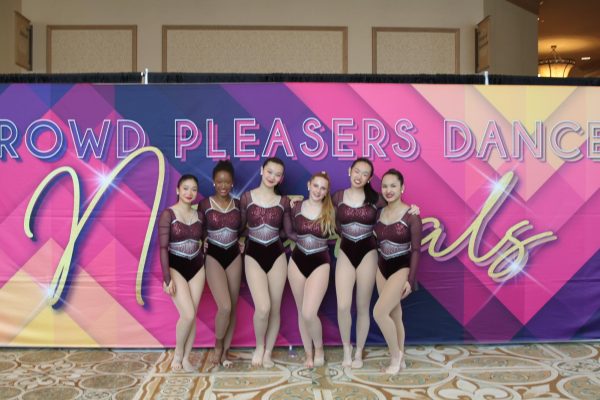
Caitlin Liman • Sep 27, 2021 at 8:23 am
“A solution looking for a problem…” quite fascinating! I learned lots from consuming this relevant news :]
MyTran Vo • Sep 23, 2021 at 1:30 pm
I love how you got more than one CVHS staff member for their input. It really brought this news story to life